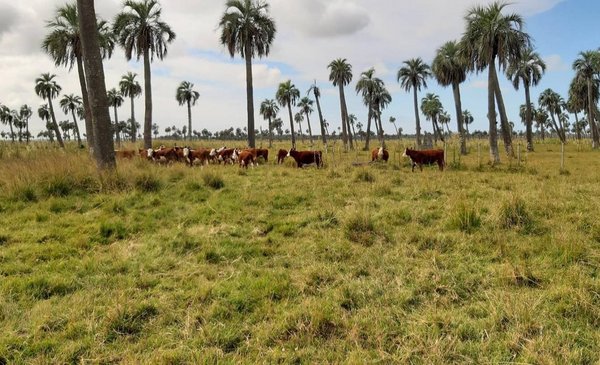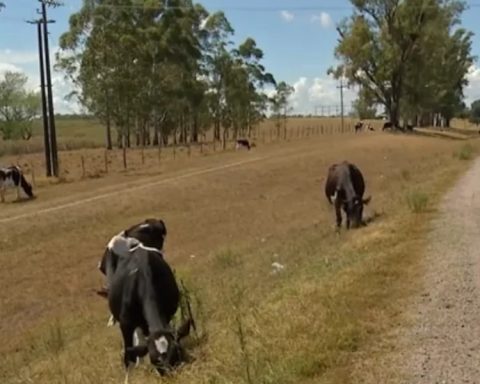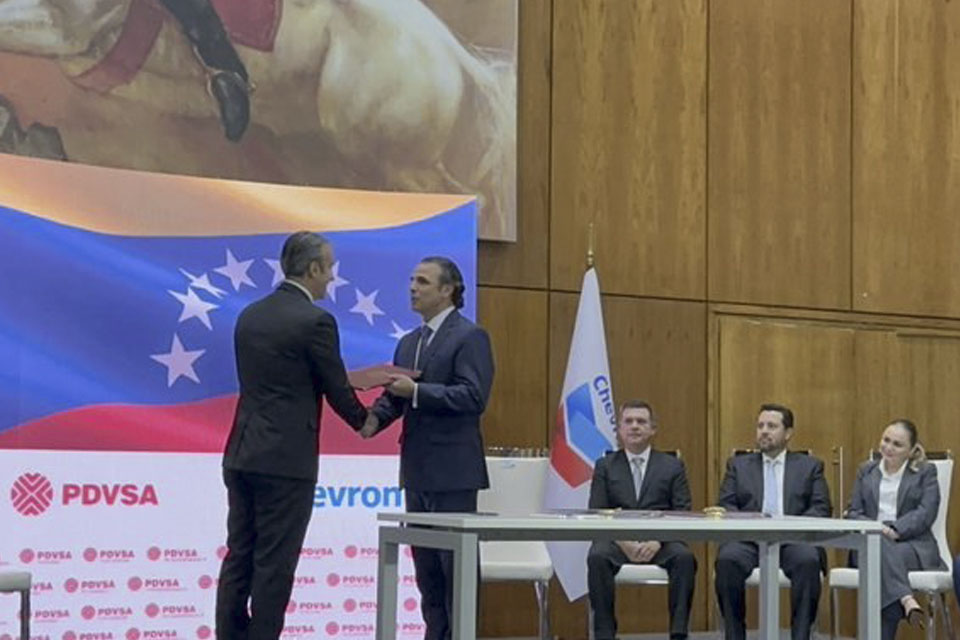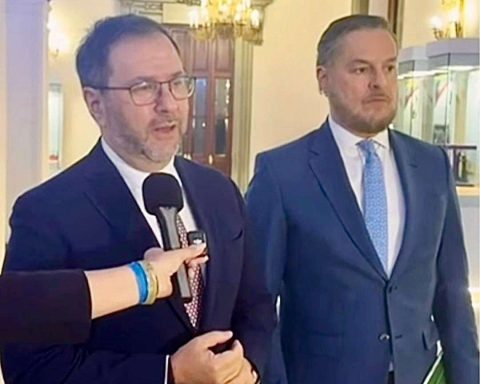Article 6 of the Paris agreement refers to the sale of carbon credits that is expected to be carried out between countries. This is an issue that directly affects Uruguay due to its good performance.
In the recent COP27 event, it was reaffirmed that this mechanism will continue, which implies that Uruguay can generate carbon credits as a country and sell it to another that has not done so well in its performance. This is how he explained it to Coffee & Business the consultant on climate change and sustainable development, Agustín Inthamoussu, who was present at the meeting.
“If Uruguay committed to reducing these emissions and exceeded that reduction, there it can generate a carbon credit and export it to that country that said it was going to do such a thing, but did not succeed,” said the expert.
This market opens up for Uruguay the possibility of generating additional resources by exporting carbon credits. In fact, Uruguay is about to sign an agreement of this type with Switzerland, which also allows it to generate a bilateral link that can lead to new joint projects. “If, for example, green hydrogen projects are carried out and that generates a reduction in emissions in Uruguay, then they can calculate it because they financed it in exchange for carbon credits,” Inthamoussu explained.
These agreements could be made with several projects, which would provide Uruguay with the capacity to finance activities for mitigation and adaptation to climate change.
Inthamoussu, founder of the ClimIt consulting firm, referred to Uruguay’s position when negotiating financing. “Uruguay is negotiating together with a group called the G77 plus China, they are the countries of Latin America, Africa and China, about 130 countries,” said Inthamoussu, noting that they all need financing and the challenge is to be well positioned to receive it. . “You have to compete with other countries that, perhaps, are more disadvantaged by their economies or by how climate change impacts them,” he said.
Innovative and disruptive
Uruguay arrived at COP27 presenting a new financing mechanism, the issuance of the sovereign bond indexed to climate change. “This positions Uruguay in the world of climate change as innovative, different and disruptive,” Inthamoussu remarked, noting that in addition to attentive listening, those present asked how to replicate this model in their countries.
Referring to the commitments assumed by Uruguay, Inthamoussu stressed that the country is already about to fulfill the commitments assumed for the period between 2020 and 2025. “We are about to reach the objective,” said the consultant. One of the objectives is to reduce greenhouse gas emissions per unit of GDP—the same indicator that is used to comply with the sovereign bond.
This commitment maintains that emissions per unit of GDP must be reduced by 50% compared to 1990, today Uruguay is at 47%. “We are preparing the second nationally determined contribution and it has to be more ambitious than the first. We have to project what we are going to propose from 2025 to 2030, that is where the government has to propose more ambitious things, but those things ultimately have to be done by the private sector”, the consultant reaffirmed.
Beyond the fact that companies are involved in sustainability because of their reputation or their image, the fulfillment of these country objectives is closely linked to their participation. “The private sector has to be the engine that drives our emissions down,” Inthamoussu emphasized.
sustainable agriculture
Uruguay pledged to reduce its methane emissions by 30%. “Here the mecano means livestock, so you have to work with that sector.” According to Inthamoussu, the knowledge is there, but more funding is needed to carry out solutions. “It is the private sector that will have to work to improve production rates.”
For this to happen, it is necessary to make investments that, according to the consultant, should be rewarded by the government through tax exemption mechanisms. “If as a livestock producer you benefit by paying less taxes if your emissions are below a certain level, then there is motivation.” “This must be recognized because it leads Uruguay to reduce its emissions, comply with the Paris agreement and with the sovereign bond indicator.”

















